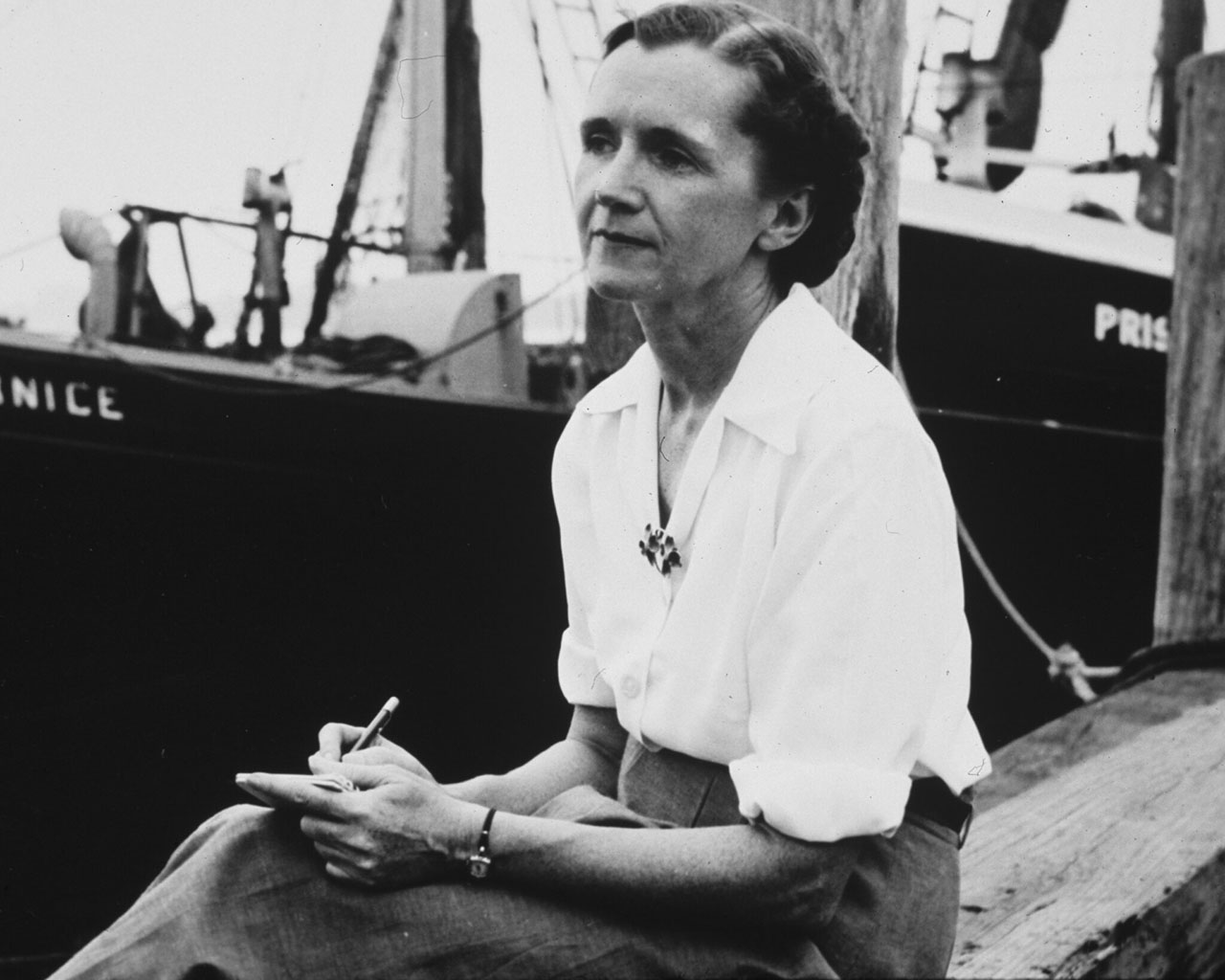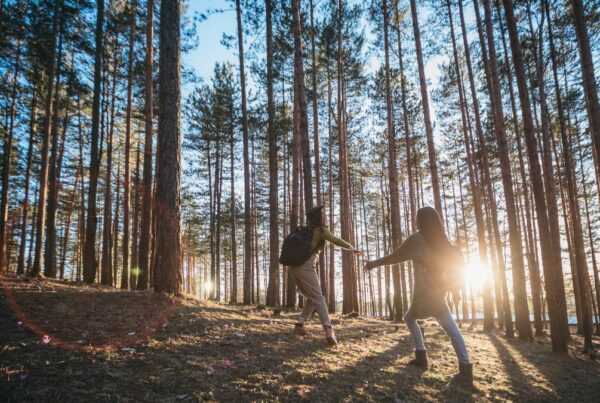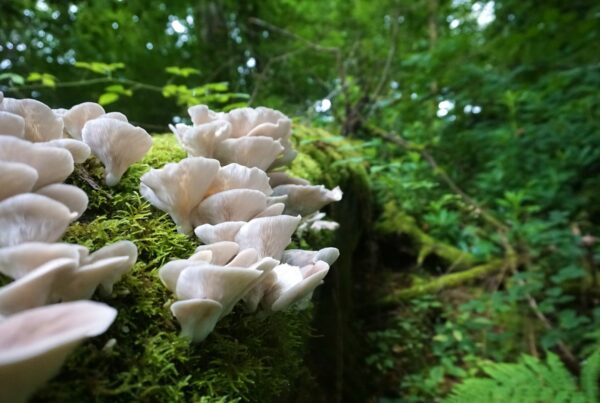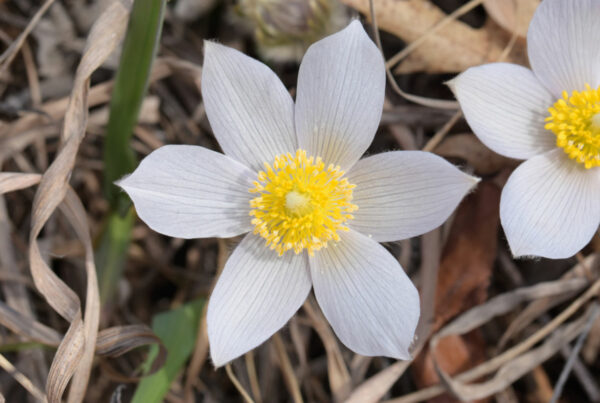Rachel Louise Carson (May 27, 1907 – April 14, 1964) was an American marine biologist, author, and conservationist.
She published her landmark environmental science book Silent Spring on September 27, 1962, which helped start the process of re-awakening environmental consciousness in the modern West.
In the book, she documented the adverse environmental effects caused by the indiscriminate use of pesticides. Carson accused the chemical industry of spreading disinformation, and public officials of accepting the industry’s marketing claims unquestioningly.
Her book spurred a reversal in the United States’ national pesticide policy, led to a nationwide ban on DDT for agricultural uses, and helped to inspire an environmental movement that led to the creation of the U.S. Environmental Protection Agency.
Rachel Caron: Voice of Nature
A PBS documentary about how Rachel Carson’s upbringing in rural Pennsylvania shaped her passionate environmental ethic.
Rachel Carson’s Books:
1. Silent Spring – Her best-selling book that challenged the chemical industry and the detrimental effects that the haphazard use of pesticides has on the environment.
2. The Sense of Wonder – A refreshing antidote to indifference and a guide to rekindling curiosity and educating through the simple power of discovery in nature.
3. Rachel Carson: Witness for Nature – A biography of her life by author Linda Lear that explores the roots of her powerful connection to nature.
4. Under The Sea Wind – Carson’s first book and her personal favorite. This book celebrates the mystery and beauty of birds and sea creatures. A powerful and poetic work on the amazing wonders of the natural world.
Rachel Carson Quotes:
Here are some of my favorite quotes by Rachel Carson from her landmark book Silent Spring as well as her other lesser known books.
1. Those who dwell among the beauties and mysteries of the earth are never alone or weary of life.
2. The more clearly we can focus our attention on the wonders and realities of the universe about us, the less taste we shall have for destruction.
3. In every outthrust headland, in every curving beach, in every grain of sand there is the story of the earth.
4. It is a wholesome and necessary thing for us to turn again to the earth and in the contemplation of her beauties to know the sense of wonder and humility.
5. Only within the moment of time represented by the present century has one species — man — acquired significant power to alter the nature of the world.
6. As crude a weapon as the cave man’s club, the chemical barrage has been hurled against the fabric of life.
7. For the sense of smell, almost more than any other, has the power to recall memories and it is a pity that we use it so little.
8. So nature does indeed need protection from man; but man, too, needs protection from his own acts, for he is part of the living world. His war against nature is inevitably a war against himself. His heedless and destructive acts enter into the vast cycles of the earth, and in time return to him.
9. It is not half so important to know as to feel.
10. Why should we tolerate a diet of weak poisons, a home in insipid surroundings, a circle of acquaintances who are not quite our enemies, the noise of motors with just enough relief to prevent insanity? Who would want to live in a world which is just not quite fatal?
11. “The fact that every meal we eat carries its load of chlorinated hydrocarbons is the inevitable consequence of the almost universal spraying or dusting of agricultural crops with these poisons.”
- 10 Best Peru Hiking Tours And Multi-Day Treks In The Andes - April 19, 2025
- 10 Best Banff Hiking Tours In The Canadian Rockies - April 19, 2025
- 10 Best Vancouver Hiking Tours In The BC Coast Mountains - April 19, 2025





